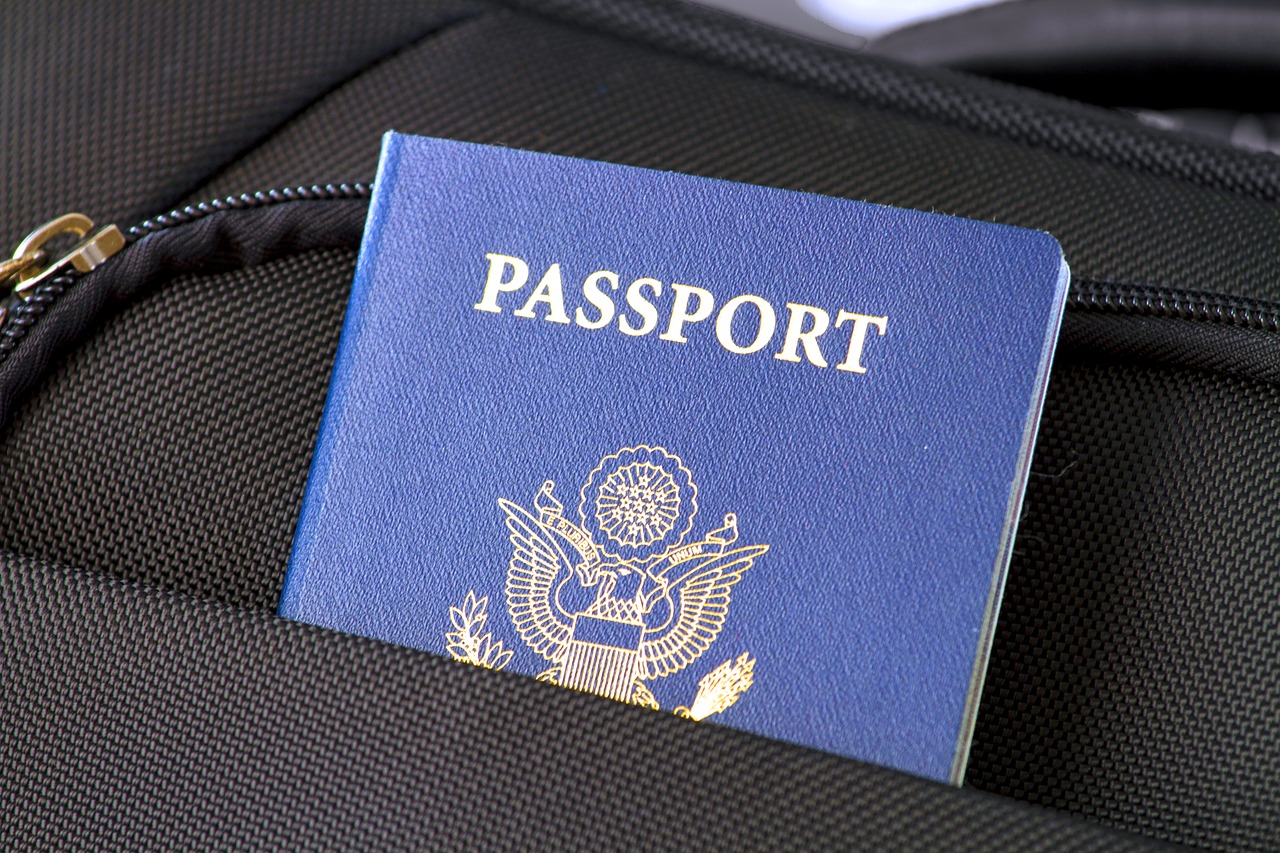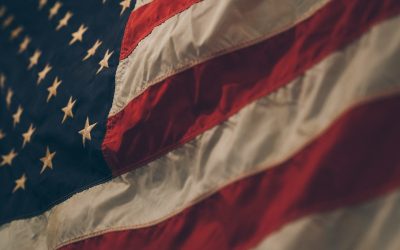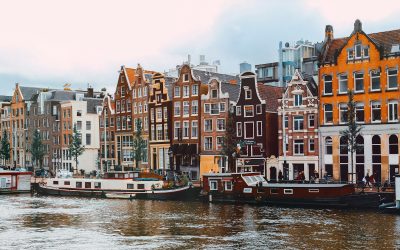One of the most stupendous achievements of 19th-century classical liberalism was the right of freedom of movement. As one indication, between 1840 and the early decades of the 20th century almost 60 million people emigrated from Europe to other parts of the world. Eighteen million came from Great Britain and Ireland; 10 million from Italy; 9.2 million from European Russia; 5.2 million from Austria-Hungary; 4.9 million from Germany; 4.7 million from Spain; 1.8 million from Portugal; 1.2 million from Sweden; 850,000 from Norway; 640,000 from Poland; 520,000 from France; and 390,000 from Denmark.
The right to freely leave one’s native land required the right to freely settle in another country of choice. And so matching the right of emigration was the right of immigration. During that same period between 1840 and 1914, 34 million Europeans settled in the United States; 6.4 million went to Argentina; 5.2 million moved to Canada; 4.4 million made Brazil their new home; 2.9 million went to Australia; 1.6 million took up residence in the British West Indies; 860,000 chose to live in Cuba; 852,000 traveled to South Africa; 713,000 elected to go to Uruguay; and 594,000 journeyed to New Zealand.
Historian R.R. Palmer emphasized,
Perhaps most basic in the whole European exodus was the underlying [classical] liberalism of the age. Never before (nor since) had people been legally so free to move. Old laws requiring skilled workmen to stay in their own countries were repealed, as in England in 1824. The old semi-communal agricultural villages, with collective rights and obligations, holding the individual to his native group, fell into disuse except in Russia…. Governments permitted their subjects to emigrate, to take with them their savings of shillings, marks, kroner, or lire, and to change nationality by becoming naturalized in their new homes. The rise of individual liberty in Europe, as well as the hope of enjoying it in America, made possible the great emigration. For so huge a mass movement the most remarkable fact is that it took place by individual initiative and at individual expense.
In the early 1950s, German free-market economist Wilhelm Röpke pointed out the paradox that as the world has developed cheaper and more rapid means of global transportation, making it easier and less costly to move about from one part of the world to another, “national borders have been changed into barbed wire fences.” And he explained, “There is no doubt that the closing of the gates of immigration … is part of the larger tendency of our time towards growing nationalization and collectivization of political, cultural, economic and social life.”
John Torpey’s book, The Invention of the Passport: Surveillance, Citizenship and the State , is an attempt to explain how and why governments have used the power of issuing official travel documents as a means of restricting the free movement of people during the last 200 years. Over the centuries governments have attempted to control the movements of the people under their control.
The origin of passports
With the French Revolution, Torpey explains, the argument was made for the first time that free men should be at liberty to move freely both within and between countries. But as the French Revolution developed into civil war between factions within France and international war between France and surrounding countries, the assemblies governing the country reimposed passport controls and restrictions on movement between the countryside and the cities. Fear and paranoia about spies, provocateurs, armed bandits, army deserters, and “enemies of the people” became more important than the principle of the freedom to move.
Only after the wars between France and the rest of Europe did travel and passport restrictions loosen across the continent, as the classical-liberal spirit of freedom and enterprise began its ascendancy. In the 1820s and 1830s, restrictions on migration were reduced in Great Britain, France, and the German states, including Prussia. By the middle and late decades of the 19th century, the freedom to move was viewed as complementary to and inseparable from the freedom of trade. Just before the First World War, a German scholar could write that
“most modern states have, with but a few exceptions, abolished their passport laws or at least neutralized them through non-enforcement. [Foreigners] are no longer viewed by states with suspicion and mistrust but rather, in recognition of the tremendous value that can be derived from trade and exchange, welcomed with open arms, and for this reason, hindrances are removed from their path to the greatest extent possible.”
But, as Torpey points out, already in the 1880s, new restrictions on migration, residence, and work by foreigners began to be reimposed in France and Germany. Labor unions in both countries pressured their governments to “protect” jobs from foreign workers who were willing to offer their services to employers at more attractive wages. The emergence of welfare-state programs also strengthened this tendency, as governments claimed the right to determine who was expected to pay taxes and who could claim redistributive benefits within their respective jurisdictions.
The role of the United States
But the great impetus for a new era of barriers on freedom of movement came from the United States. In 1880, the U.S. government imposed immigration restrictions on Chinese. In 1882, this was extended to various socially “undesirable” types.
When these laws were challenged, the Supreme Court declared the federal government had the authority to control entrance into and residence in the United States. One reaction was for foreign governments (Italy, for example, in 1901) to start issuing passports to provide legal documents to assist emigrants desiring to gain entry into the United States.
The great watershed in the reestablishment of passport regimes among all the major countries of Europe and North America, however, was the First World War, under the declaration of “national emergency.” In the political and economic nationalistic environment that followed the war in 1918, passport controls became an institutionalized feature of international travel, with governments reasserting the right to control exit from and entry into national territories under their control.
As the state has grown in power and authority over social and economic life in the 20th century, Torpey concludes, governments have used national documents, including passports, as a legal device to “embrace” private individuals under their control and to exclude others. Passports have been a crucial technique for “nationalizing” their citizens. And until men in their social and economic life are once again denationalized, passport controls will remain government’s way of managing the movement and activities of people around the world.
LINK: The Invention of the Passport: Surveillance, Citizenship and the State by John Torpey




